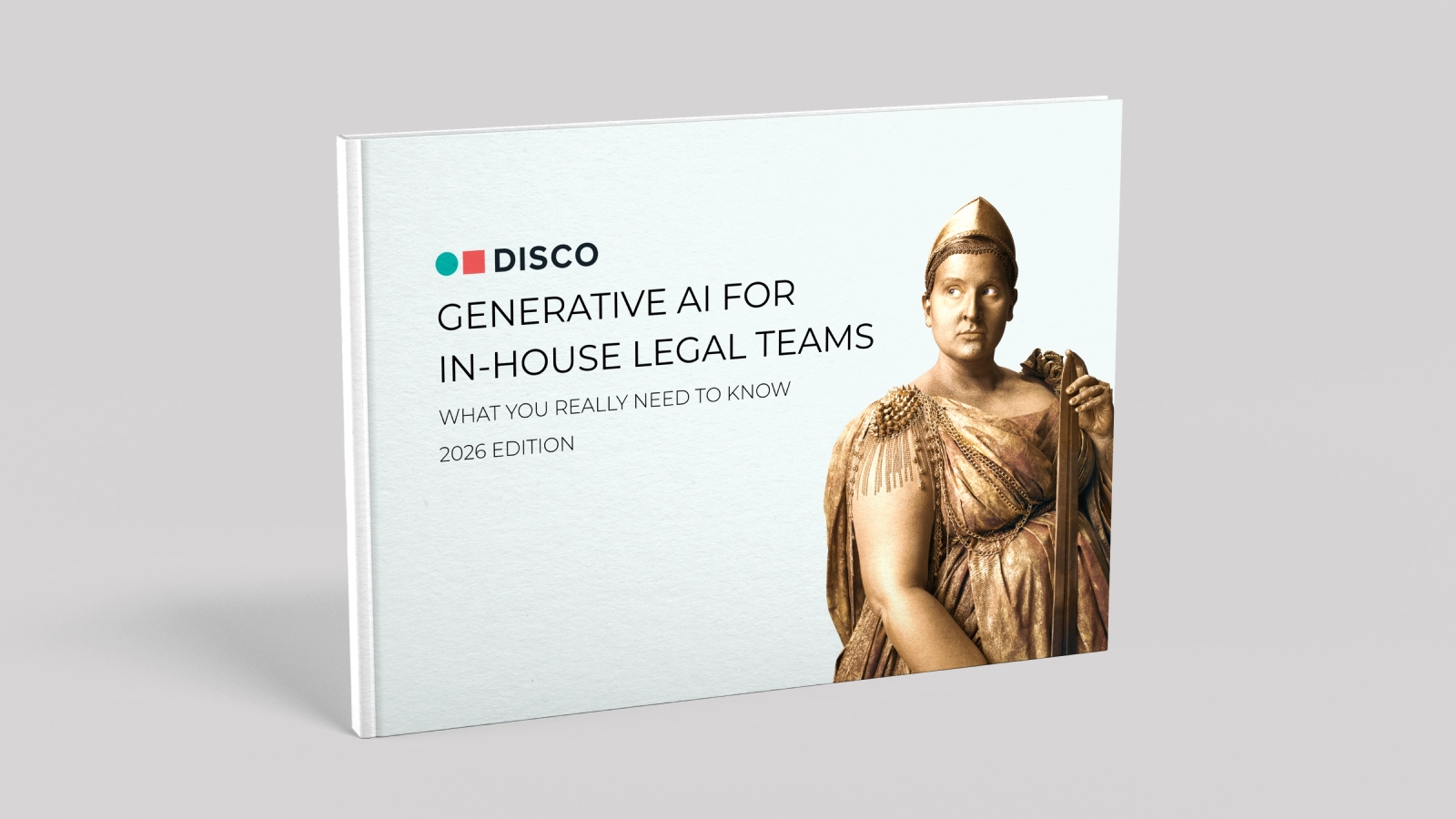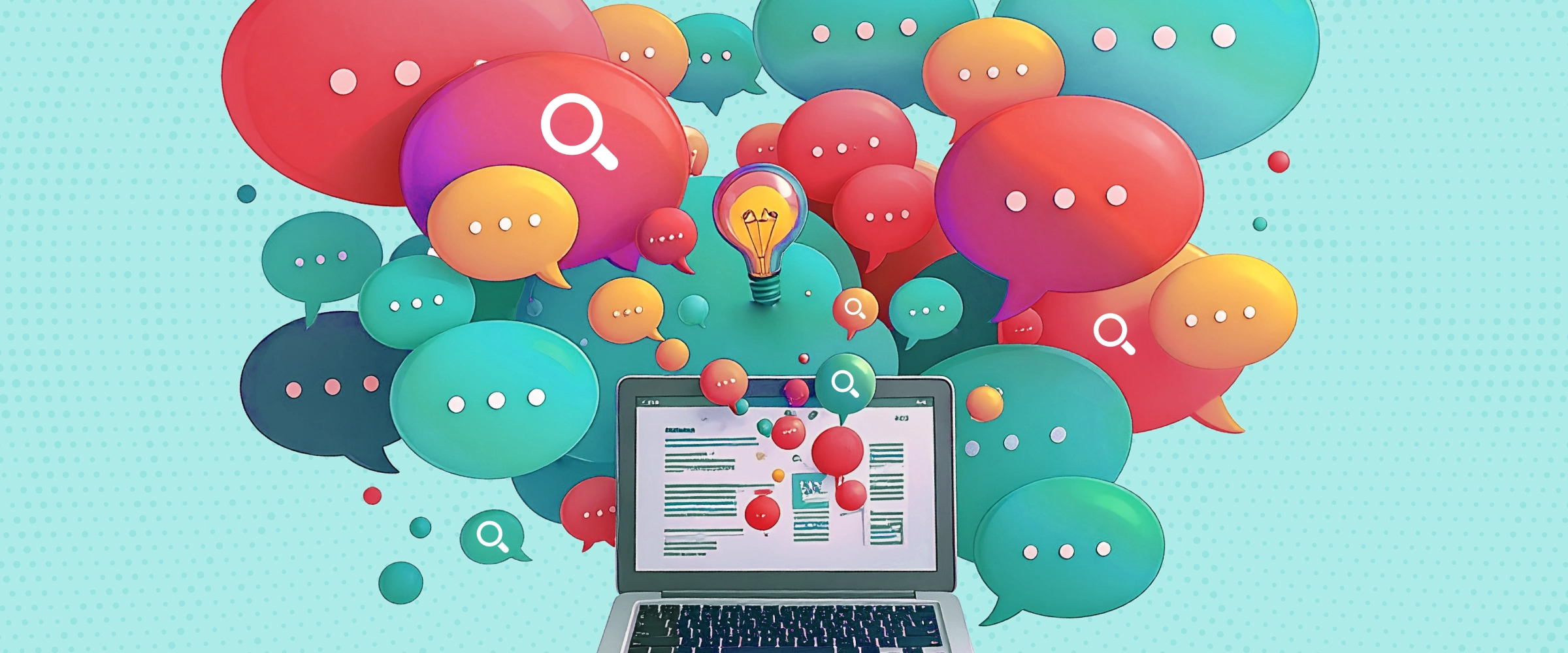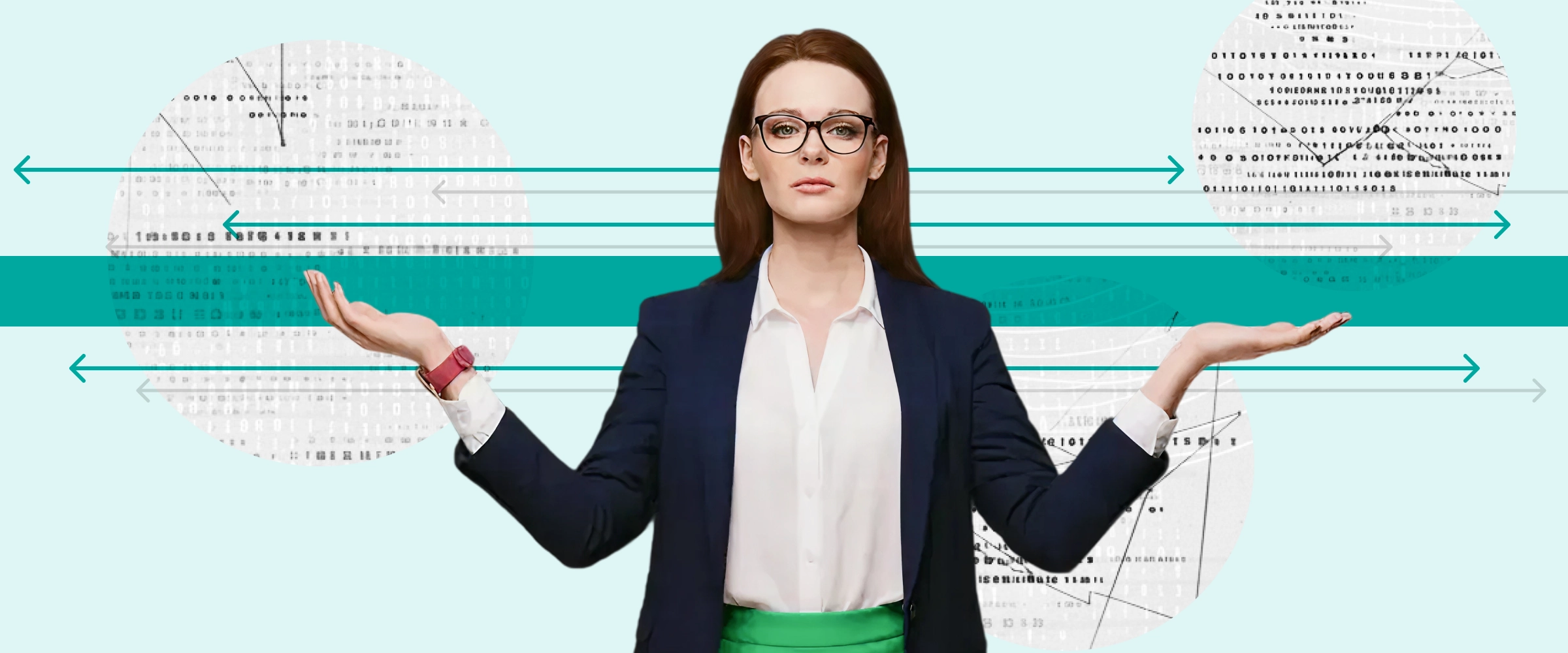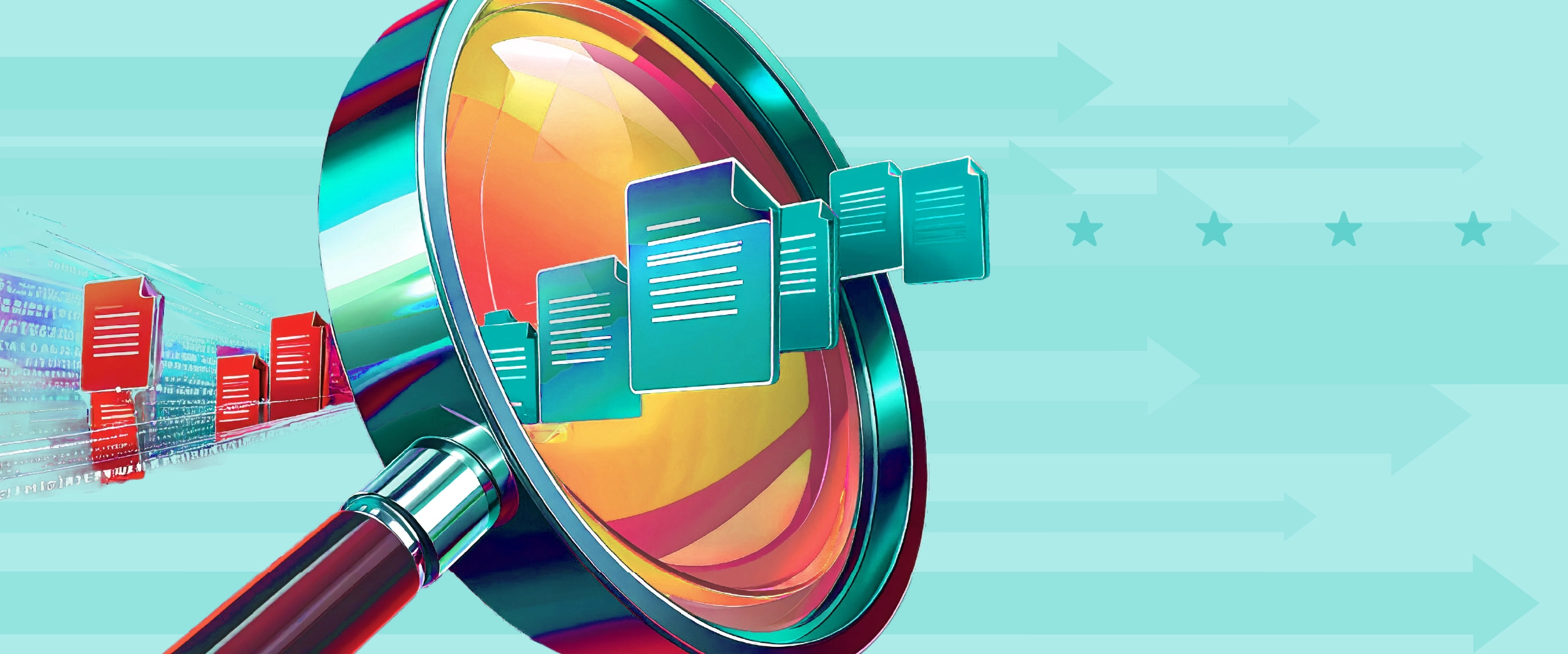⚡️ 1-Minute DISCO Download
Meet Umair Muhajir
Vice President of AI & Review Services at DISCO
Lawyer, comic book reader, and human.
Q: What do you see as the greatest potential of AI?
Umair Muhajir: I have a childhood love of storytelling. Whether it’s history books or comics, I love world-building narratives.
Someone once said that reading is one of the few ways you can actually develop empathy, in that it enables you to engage with other people and perspectives – more than you could ever hope to encounter in “real” life. Odd as it may sound, AI to me can function in the same way by processing more information than we could ever hope to. AI has the potential to expand our knowledge and expose us to a vast range of perspectives and viewpoints.
But, like with all new technologies, we have to be careful. Just because a technology has a certain potential doesn’t mean that potential will be fully realized. We could all be lulled into accepting a particular outcome as natural or simply the way things are. Take something as basic as air conditioning in office buildings - the typical temperatures work better for men than women. We have something that seems to be neutral but is actually gendered. So, we always have to be sensitive to the reality that technology, even great technology, can have a lot of structural biases baked into its infrastructure.
What’s great about generative AI is that the AI itself is not creating information but rather learning from information that is publicly available on the internet. As this knowledge process continues to proliferate around the world, it can potentially incorporate viewpoints from different languages and different countries and different social classes. That’s where AI has promise. It’s one of the technologies that is least likely to stick with its foundational biases as it consumes more information. It will allow us the opportunity to engage with other people, scenarios, and worldviews and expand the narrow limits of our own personal experiences. AI may have been invented in Silicon Valley but it need not remain of Silicon Valley. Indeed the stakes are too high for that!
Related: Humans Behind the AI: Meet the Educator 📚
Q: Why do you refer to yourself as an “accidental lawyer?”
Muhajir: I’m a living embodiment of the old stereotype that if you went to college and didn’t know what you wanted to study, you became an English major. If by the time you graduated, you still hadn’t figured out what you wanted to be when you “grew up”, you went to law school. I’m mostly kidding, of course – I love to read, whether literature or comic books, and certainly was and am interested in the law. There’s definitely an element of chance that I somehow found myself in law school and stayed there.
I entered the legal workforce around the time that ediscovery began to be a thing. In the early 2000s, the scale of document review exploded with the rise of email. Suddenly, tons of email data and other electronically stored data were subject to discovery. It meant that the reality of being a litigator, especially at a large firm, became ever further from the TV/pop culture image of lawyers passionately arguing in court or surprising witnesses with smoking gun documents. Contemporary litigators need to be able to manage multiple workstreams, leveraging people, processes and technology and function as uber-project managers in a sense. The more this reality sunk in, the more I began to think about processes and how we “do things” in the legal industry and how our way of functioning can be improved upon. There are many things that excite me about the law, but the biggest one is optimizing the way we deliver legal services.
Related: Humans Behind the AI: Meet the AI Consultant 🖥️
Q: Outside of document review, what are some of your interests?
Muhajir: I’m also a movie buff, and I feel like I’m living in the golden age of film viewing, with the easy access to content we have through streaming options. 30 years ago, a lot of my “movie buff time” was spent simply figuring out logistics like: which companies specialize in subtitled DVDs of Tamil films? Which have incorrect information on their websites, leading to the tension of not knowing when a particular DVD you’ve ordered would actually be subtitled? And so on. Now, that sort of thing feels like it’s out of the prehistoric era.
Comic books are a much longer love for me. I was seven or eight when I got my first Marvel comic book. Over the last few years, I’ve run out of storage space, and initially just stopped reading/buying new issues. For the longest time, I was very hesitant to switch to a digital reading format and believed the tactile experience of reading a comic book could never be replaced. What I’ve realized is that digital, done well, doesn’t seek to mimic the experience I was used to, but strives to provide a different experience. It’s not dissimilar from the DISCO journey, where we use technology and AI to show clients new perspectives and approaches to old problems.
Related: Humans Behind the AI: Meet the Physicist 🧪
Q: What is your biggest hope and your biggest fear for AI with respect to the legal industry?
Muhajir: My biggest hope is that AI will automate a lot of tasks that are currently done sub-optimally, and hopefully that means that the next generation of lawyers and legal professionals will have a lot more time to read Marvel comics, should they want to.
I have two fears. The first is that my hope – that AI will free up our time by automating tasks – won’t come true, because with every technological advancement we have found new ways to keep working more rather than increase our leisure time.
I do feel pretty optimistic that even if we don’t create more leisure time, we can certainly automate the things people don’t love to do – so even if you’re working just as hard, at least you’re doing things you’re more excited about.
More narrowly, my biggest fear is that the law is a very conservative industry and will not be quick to adopt AI. I cannot think of any other industry where so many historical eras exist at the same time. Within 20 years of the modern-day car being invented - horse-drawn carriages ceased to be used. In the legal industry we’re using horse-drawn carriages at the same time as a Ford Model T, a 1960s sports car, and a Tesla. All of these technologies are “on the roads” of our industry at the same time. My biggest fear is that there will be wonderful things that AI can do for legal practitioners, but the industry won’t be quick to adopt them.
Bonus: Umair talks about selecting the right AI tools at Legalweek 2024 🌎
For further reading on the future of legal technology and how AI is shaping the landscape, click here.
Meet more of the Humans Behind AI:


.webp)
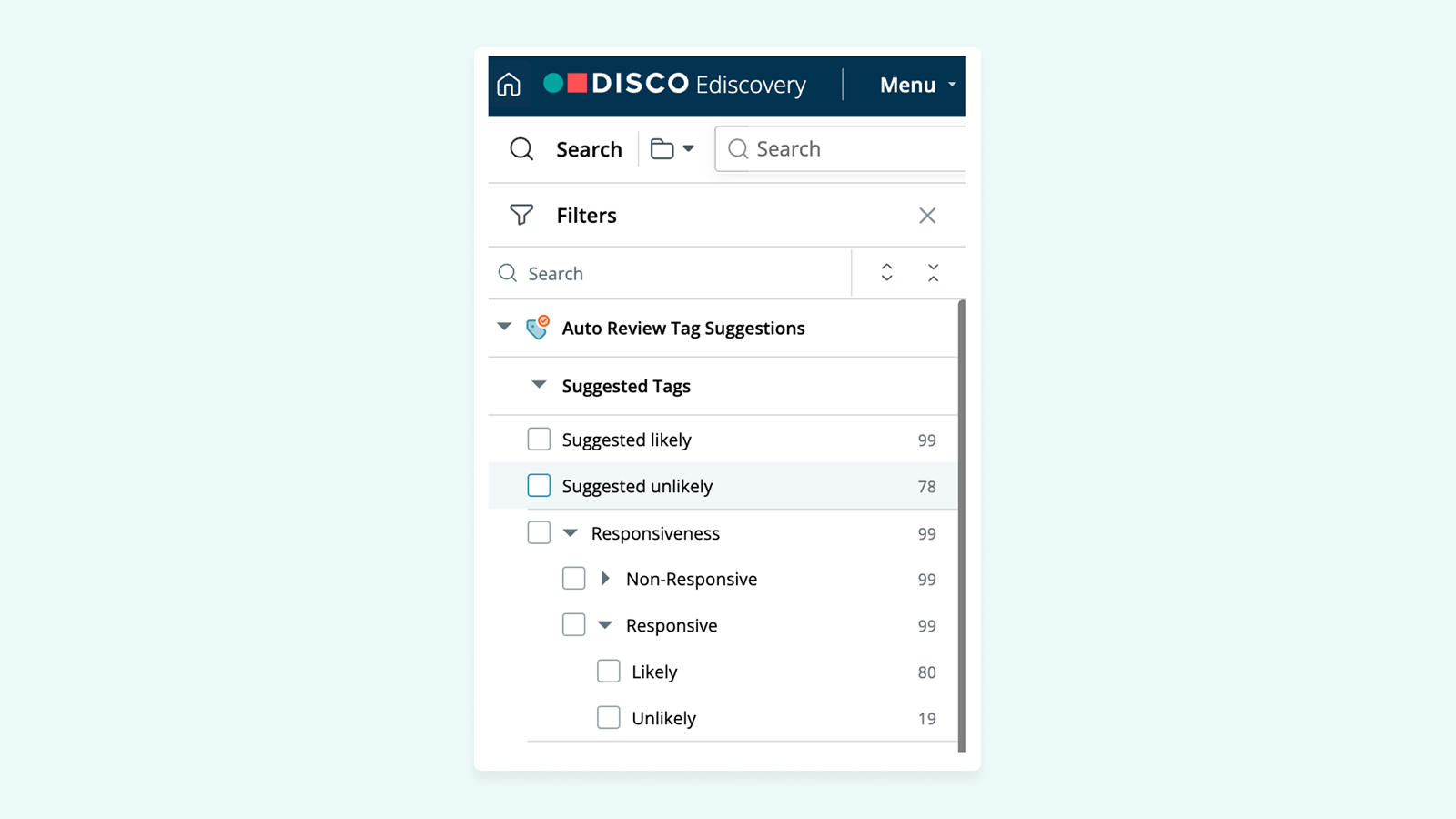


%20(1).jpeg)
.avif)




